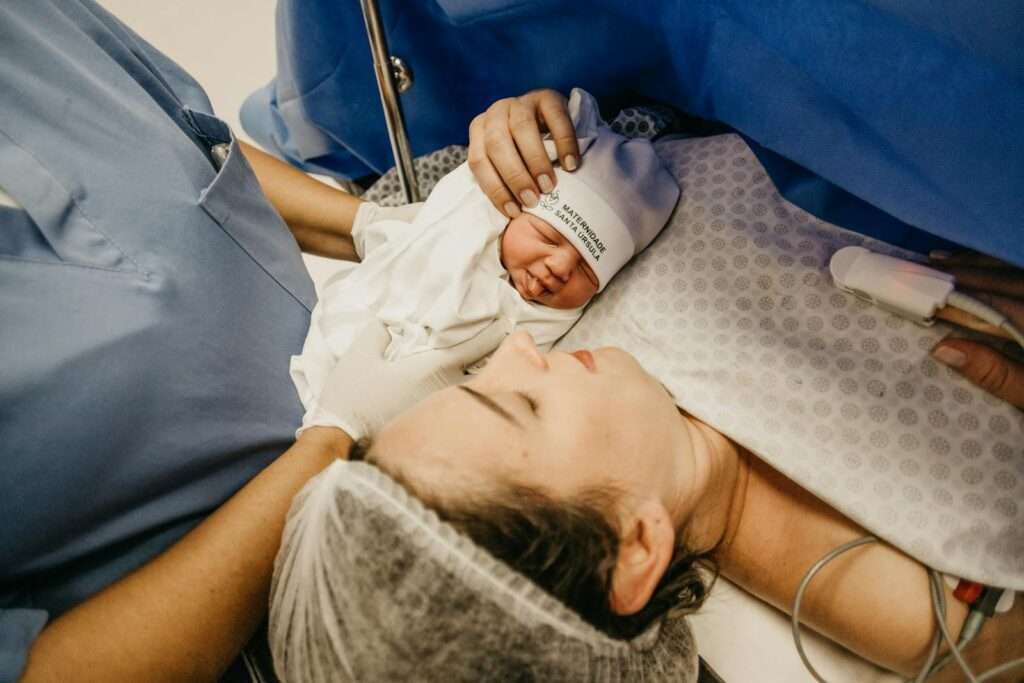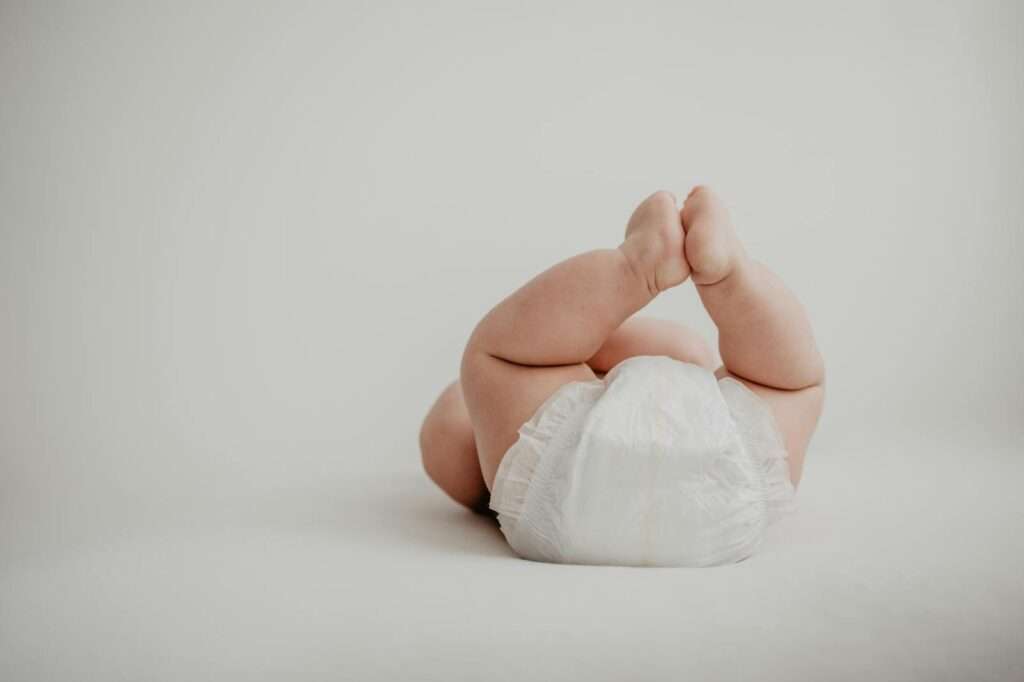Preparing for a baby is one of the most exciting yet overwhelming experiences for expectant parents. It’s a journey filled with anticipation, planning, and sometimes anxiety about the unknown. From setting up a baby-friendly home to understanding your baby’s needs, a well-thought-out plan can help ensure a smoother transition into parenthood.
Here’s a comprehensive guide to help you prepare for your little one’s arrival, enriched with practical tips and relatable humor.

1. Preparing Your Mindset: Embrace the Journey
Before diving into logistics, start with your mindset. Having a baby is a life-changing event, and it’s okay to feel a mix of excitement and fear.
- Tip: Remind yourself that no parent is perfect. You’re learning as you go, and your love for your baby will be your greatest guide.
- Humor Break: They say babies don’t come with a manual, but wouldn’t it be great if they came with a snooze button?
Taking childbirth classes can also help ease your anxiety by teaching essential skills like labor techniques and baby care basics.
2. Stocking Up on Baby Essentials

Shopping for your baby can be both fun and confusing, given the endless options. Here’s a list of must-haves:
- Clothing: Opt for soft, breathable fabrics like cotton. Include bodysuits, sleepers, mittens, and hats. Remember, babies grow faster than you can say “adorable,” so don’t overbuy newborn sizes.
- Diapers and Wipes: Whether you choose disposable or cloth diapers, stock up. You’ll be amazed (and slightly terrified) by how many diapers a baby goes through daily.
- Bathing Supplies: A baby bathtub, gentle shampoo, and soft towels are essentials.
- Feeding Supplies: Even if you plan to breastfeed, having bottles, a sterilizer, and formula (just in case) can save the day.
- Baby Gear: Invest in a sturdy car seat, a comfortable stroller, and a safe crib or bassinet.
- Pro Tip: Test out assembling baby gear before the baby arrives. There’s nothing like fumbling with a car seat manual when you’re already running on two hours of sleep.
3. Creating a Baby-Friendly Home
Safety and comfort are key. Here’s how to baby-proof your home:
- Set Up a Nursery: Keep it functional with essentials like a crib, changing table, and storage for clothes and diapers.
- Install Safety Measures: Cover electrical outlets, secure heavy furniture to walls, and install baby gates where needed.
- Maintain Cleanliness: Newborns have sensitive immune systems, so regular cleaning and washing (baby-safe detergents only!) are crucial.
- Humor Break: Remember, the fancier the nursery, the more your baby will insist on sleeping in your bed.
4. Learn About Baby Care Basics
Understanding your baby’s needs will make you more confident:
- Feeding: Newborns feed frequently, often every 2-3 hours. Learn about breastfeeding or bottle-feeding techniques.
- Diapering: Changing a diaper will become second nature—eventually. In the beginning, it’s okay to treat it as a team sport with your partner.
- Sleeping: Newborns sleep a lot, but not necessarily when you do. Creating a calming bedtime routine can help.
5. Prepare Financially

Having a baby can be expensive, so plan ahead:
- Budget for Essentials: Factor in items like diapers, formula, and clothing.
- Insurance: Ensure your health insurance covers childbirth and pediatric care.
- Emergency Fund: Babies are unpredictable. Extra savings can help cover unexpected medical or other expenses.
6. Build Your Support System
Parenthood is not a solo journey:
- Partner Support: Discuss responsibilities and expectations with your partner beforehand.
- Family and Friends: Don’t hesitate to accept help with meals, errands, or babysitting.
- Professional Help: Consider hiring a lactation consultant or postnatal doula if needed.
- Humor Break: If grandma offers to babysit, let her. She gets bonding time, and you get a nap—it’s a win-win.
7. Prepare for Postpartum Recovery
Your recovery is just as important as the baby’s needs:
- Healing: Stock up on postpartum supplies like pads, nursing bras, and a comfy robe.
- Mental Health: Be aware of postpartum depression symptoms and seek help if needed.
- Time for Yourself: Even 10 minutes of quiet time can make a difference.
8. Educate Yourself

Knowledge is power, so read up on baby care, sleep training, and developmental milestones. Parenting books, blogs, and videos can be lifesavers.
- Pro Tip: Choose resources that align with your parenting style. Not every tip works for every baby or family.
9. Prepare Emotionally for the Changes
Bringing a baby into your life is a joyful but challenging adjustment:
- Relationship Changes: Talk openly with your partner about how to keep your relationship strong amidst sleepless nights and baby duties.
- Self-Compassion: It’s okay if the house isn’t spotless or if dinner is cereal some nights.
- Humor Break: Embrace the chaos. Remember, even Pinterest-perfect moms have days when their kids eat crackers off the floor.
10. Pack Your Hospital Bag
When the big day arrives, you don’t want to scramble for essentials:
- For Mom: Comfortable clothes, toiletries, snacks, and important documents.
- For Baby: Onesies, a blanket, and the car seat for the ride home.
- For Partner: Snacks, chargers, and a reminder that their job is to keep you calm and supported.
Final Thoughts
Preparing for a baby is a whirlwind of excitement, preparation, and the occasional panic attack. Remember, no one is perfectly prepared, and that’s okay. What truly matters is the love and care you bring to this new chapter of your life.
And when things feel overwhelming, just take a deep breath and remind yourself: “I’m doing the best I can.” After all, that’s all your baby really needs.



